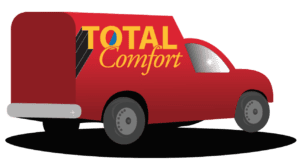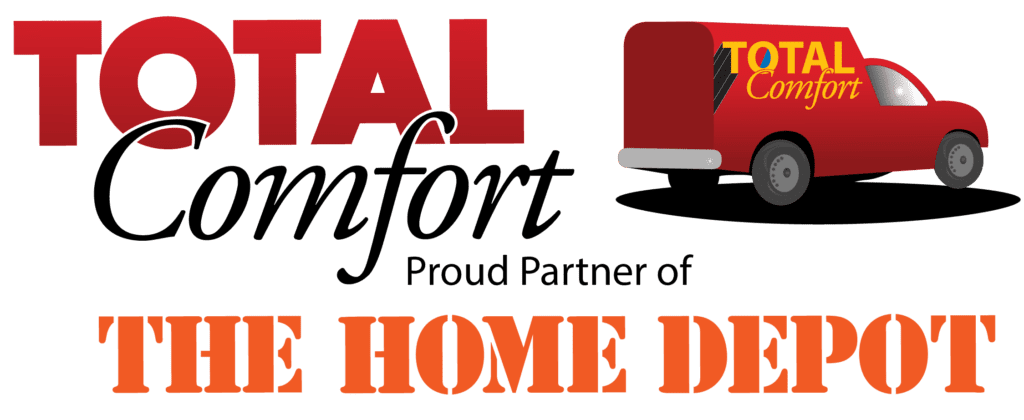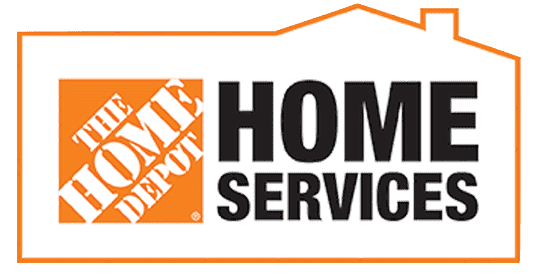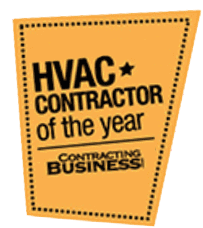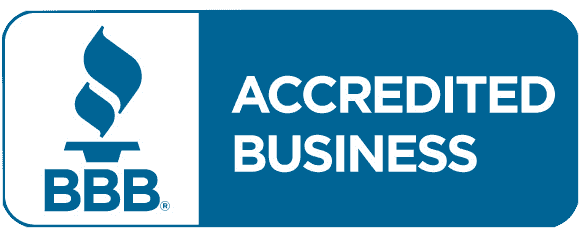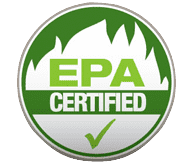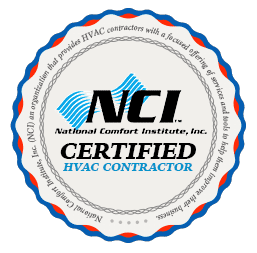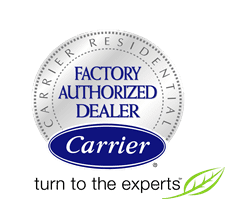What Is the Best Way to Heat Your Home in Minnesota?
If you live in Minnesota, you know that you can’t make it through the winter without a reliable heating system in your home. However, it’s important to note that not any old heating system will work for your home. While different styles may operate when installed in your home, that doesn’t mean that they’ll run efficiently or effectively.
That’s why, before purchasing a new heater, it’s important to speak to experienced technicians who can help you determine the best way to heat your home in Minnesota. Whether you and your family will benefit from ductless heating and cooling systems in various rooms or you need a standard furnace, make sure that your new heating system is one that you can rely on for years to come.
4 Best Ways to Heat Your Home in the Winter
When it’s time to replace your furnace or other heating system, there are many factors that you need to consider before buying a new unit, like:
- Your Home’s Size
- Air Ducts
- Connectability to a Thermostat
- Warranty Agreement
- Cost
- And More
To save you time and money, have your home inspected by a licensed HVAC contractor who can help recommend the best unit and install it for you.
- Furnaces
Furnaces have proven to be one of the most efficient and reliable heating units for homeowners. Whether you prefer to install a gas or electric unit, with the proper furnace services, you’ll be able to rely on it for a minimum of 15 years.
The pros of installing a new furnace include:
- High Energy Efficiency: Furnaces are highly energy-efficient, effectively utilizing fuel to produce heat, contributing to reduced heating expenses.
- Affordable Maintenance and Repair: These units generally cost less to maintain and repair compared to other heating systems, minimizing ongoing costs.
- Wide Availability: Many manufacturers distribute reliable furnaces, giving you an abundance of choices to select from.
While there are many more benefits to furnaces, it’s important to note some of the drawbacks that come with these styles of heating systems:
- Ductwork Dependence: Furnaces rely on ductwork to distribute heat throughout the home, limiting flexibility for zoned heating and increasing installation costs.
- Loud Operation: Some furnace models or those with inadequate insulation can be rather noisy when operating.
- Ductless Heating and Cooling Systems
Do your family members prefer different temperatures throughout the house? Maybe you like keeping the living room on the warmer side while your child enjoys a slightly cooler bedroom. No matter what your preferences are, a ductless heating and cooling system is the solution for you.
These units allow you to diversify your home’s temperature and provide adequate heating to every person’s unique desires. In many cases, each unit is managed by its own thermostat, giving you complete control over it.
The various pros of ductless systems include:
- Comfort Control: Ductless systems offer zoned heating and cooling capabilities, allowing precise temperature regulation for individual rooms or zones enhancing energy efficiency.
- Quiet Operation: These systems operate quietly, minimizing noise disturbance compared to conventional furnaces.
- Ductwork Elimination: There is no need for ductwork. This will simplify installation and reduce installation costs, making them suitable for older homes or those with limited space.
Before installing a ductless system, take a look at some of the cons:
- Limited Reach: Ductless systems may not be ideal for large homes or ones with multiple floors, as they may struggle to provide consistent heating or cooling throughout the entire house.
- Higher Upfront Cost: These systems are typically more expensive than other styles of heating units.
- Heat Pumps
A heat pump, one of the lesser-known heating systems, is a versatile unit for your home. These systems provide warm air during the winter and act as an air conditioner during the summer. This means no matter the temperature outside, you and your family will be comfortable throughout the entire year.
Some of the advantages to choosing a heat pump as your heating replacement include:
- Year-Round Comfort: Heat pumps distribute both heating and cooling, offering versatility for homes in diverse climates, which reduces the need for separate systems.
- Energy Efficiency in Mild Climates: Heat pumps are particularly efficient in mild climates.
Heat pumps are best suited for homes that are not in areas with extreme weather conditions. So, for Minnesota residents, it’s important to reach out to experienced HVAC professionals who can assess whether these units are right for you. In some cases, such as having a bigger home, you may need to install another heating system with a heat pump to ensure comfort.
- Boilers
Boilers are different from other types of heating systems. These units generate steam through your home, keeping you warm throughout the winter. Consider installing a boiler if you want to reap these benefits:
- Energy Efficiency: Boilers are renowned for their exceptional energy efficiency, minimizing energy consumption and associated costs.
- Durability: These units are known for their exceptional durability and longevity, capable of lasting for decades with proper heating maintenance.
- Hot Water Supply: Boilers simultaneously provide both heating to homes and your hot water, eliminating the need for water heaters.
Similar to heat pumps, boilers are not the best heating units for homes with harsh weather conditions. Additionally, due to the extra steps in the installation process, they are more expensive than other styles.
With all that in mind, no two homes or families have the same needs. That’s why, when looking for the best way to heat a home in Minnesota, it’s important to talk to our team of professional heating technicians at Total Comfort. We’ll carefully inspect your home so we can recommend and find the best solution to fight those cold winters.
Contact us online or call our main office at 612-324-7242 and tell us about your heating needs and how we can help.
Sources:
- https://www.bloomingtonheating.com/choose-the-right-heating-system/
- https://calldeans.com/blog/which-type-of-heating-system-is-best/
- Tailored for the services TComfort offers
